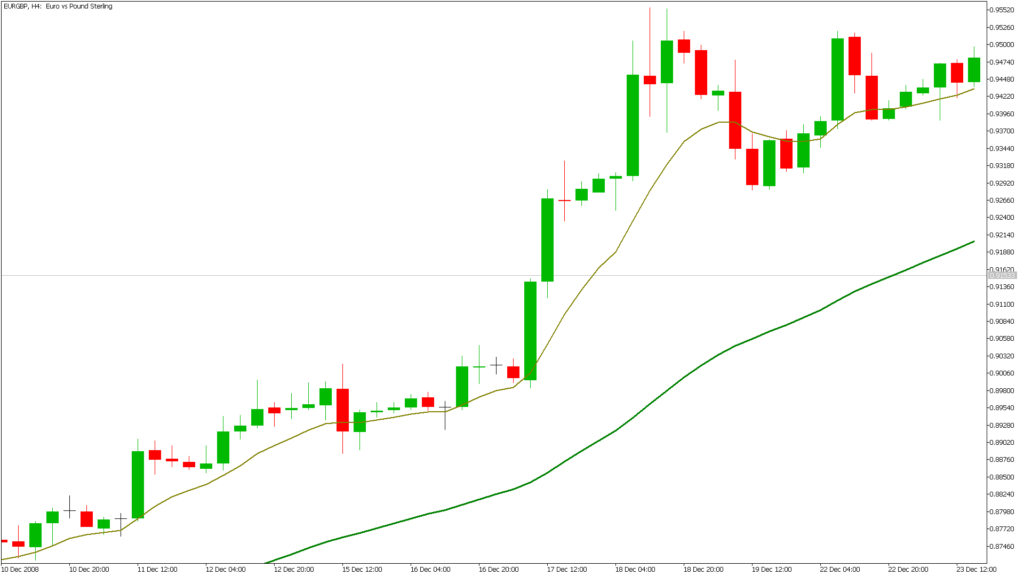Cboe launched bitcoin futures under the XBT ticker symbol on Sunday night and triggered a 19% price gains that led to two trading halts on today’s session. However, the overall debut of the new product was smooth and about 20 firms participated in the launch, including Interactive Brokers.
Launching bitcoin futures at the Cboe gives the often volatile digital currency legitimacy it in the eyes of some institutional investors.
It hasn’t all been smooth sailing this week, however. Following all-time highs on Dec. 8, prices fell to $13,000 yesterday before recovering to $15,700 at the time of bitcoin futures launch on the CBOE.
Approximately four hours after the debut, the BTC contract on the CBOE (which expires in January) spiked 20 percent and triggered two trading halts. Further, a surge of traffic to the CBOE website caused delays and outages, but failed to deter the cryptocurrency from regaining altitude.
With doors now open for mainstream investors, BTC is showing no signs of slowing down. The price chart analysis indicates the path of least resistance is on the higher side.
The new futures contract, which expires in January, settled 19.9 percent higher at $18,545. The digital currency itself rose more than 14 percent Monday to $17,261, according to CoinDesk’s bitcoin price index. The index tracks hottest cryptocurrency prices from digital currency exchanges Bitstamp, Coinbase, itBit and Bitfinex.
The debut of the first futures contract on an established exchange was relatively orderly, in contrast to expectations of high volatility and traders short selling, or betting against, bitcoin.
Initial interest in the new bitcoin futures product appeared to overload Cboe’s website, but the issue was quickly resolved. “Due to heavy traffic on our website, visitors to http://www.cboe.com may find that it is performing slower than usual and may at times be temporarily unavailable,” the exchange said in a statement Sunday. “All trading systems are operating normally.”
The new futures also handled sharp price moves smoothly. About two hours after their 6 p.m. ET launch on Sunday, the new futures had climbed 10 percent, triggering a two-minute trading halt. By 10:05 p.m., the bitcoin futures had soared 20 percent, triggering a five-minute trading halt.
The halts followed the exchange’s rules, similar to the way that trading in stocks is halted after sharp price moves.
However, price limits may be more relevant for bitcoin, which is notoriously volatile. Many cryptocurrency proponents see the launch of bitcoin futures as a step toward legitimizing the digital currency in the eyes of big, institutional investors.
The halts are “not surprising based on the volatility of the underlying [asset]. The futures are behaving as expected and designed,” said Tom Lehrkinder, senior analyst at consulting firm Tabb Group. “It works. There’s buyers and sellers,” Lehrkinder said. He noted that some funds may not have access to trading cryptocurrencies yet, and it could take time for funds to use the futures to short, or bet against, bitcoin gains. About 20 trading firms participated in the first day of bitcoin futures trading, Cboe said.
Total trading volume in the Cboe bitcoin futures was still relatively small. The exchange said 4,127 contracts between 6 p.m., ET, Sunday and the 4:15 p.m. Monday settlement. In contrast, trading volume in the Cboe Volatility Index (.VIX) futures typically ranges from the tens of thousands to more than one hundred thousand.
“A thin order book and relatively volatile, but more volume than I would have expected given the fact there weren’t as many people with access to it as I would have liked,” said Garrett See, CEO of DV Chain, the cryptocurrency trading affiliate of Chicago-based proprietary trading company DV Trading. See said that, as of Monday morning, most traders were placing orders for just one contract.
Interactive Brokers said in a release Monday that as of 9:15 a.m., bitcoin futures trading in its accounts represented about half of Cboe’s recorded volume. The brokerage also said clients will not be able to take short positions, or bet against bitcoin futures, “due to the extreme volatility of cryptocurrencies.” Some of the largest futures commission merchants, which handle futures trades for clients, said Monday they offered limited to no support for the Cboe bitcoin futures.
Goldman Sachs said in a statement it will “clear bitcoin futures contracts for certain clients.” JPMorgan isn’t clearing the contracts on their first day of trading, but could do so in the future, according to a person familiar with the bank. Morgan Stanley is still only evaluating the bitcoin futures, a person familiar with the situation said. Citigroup declined to comment.
John Caruso, senior market strategist at RJO Futures, said the company had a few traders trading the new futures contract Monday morning. “I think it has all the characteristics of a bubble,” Caruso said. “It’s the latest fad, the latest craze, and here we are.”
Bitcoin 12-month Performance
Bitcoin has become immensely popular this year, sending its price through the roof. In 2017 alone, bitcoin has shot up more than 1,000 percent. In the past month, the cryptocurrency is up more than $8,000 to trade at $14,950.06 on the Coinbase exchange shortly before the beginning of futures trading Sunday. It briefly broke above $19,000 on that exchange Thursday, before retreating.
Cboe is basing the price of bitcoin futures using the Gemini Trust Company, an exchange co-founded by the Winklevoss twins. One bitcoin futures contract is worth one bitcoin at the Cboe.
At the moment, words are coming out that CME is launching its own bitcoin futures contract this coming Sunday. Unlike Cboe, one CME bitcoin futures contract will be worth five bitcoins. “The introduction of derivatives provides the necessary market structure for institutions to allocate to crypto-currencies,” which are short-term and long-term positives, according to Tom Lee, founder and head of research at Fundstrat Global Advisors. He also notes derivatives are “the first step to enable the creation of ETFs and other more liquid instruments.” One may wonder, why the financial houses have kept their moves so late before entering the game.




